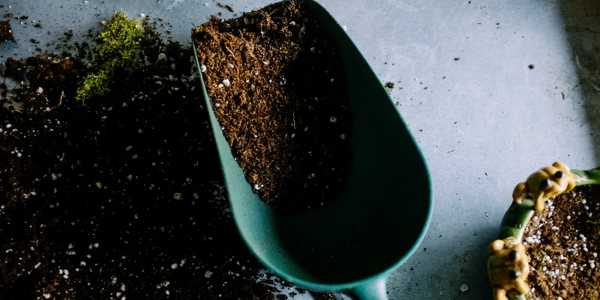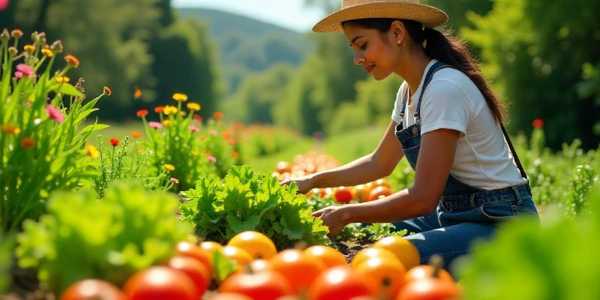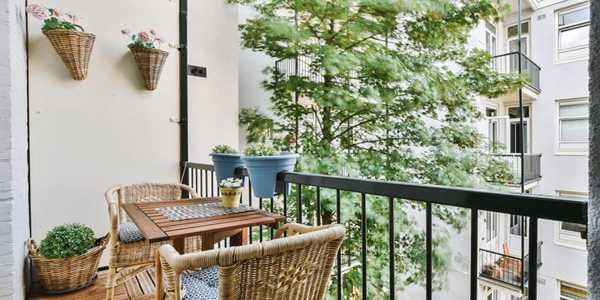The Basics Of Organic Gardening - A Guide For Beginners
Many times, we think about growing our food. But it doesn't seem easy. We get worried that it is too complicated. But in reality, organic gardening is simpler than you think. It has no chemicals, synthetic fertilizers, or healthy, homegrown produce. Vegetables and herbs that come straight from your backyard. On a balcony, you can have a big garden or just a few pots and plants. You can use organic gardening basics and start your garden even as a beginner. So, here are some tips and tricks to follow.
What Is Organic Gardening?
If you do not know organic gardening, here is a brief rundown.
Organic gardening means growing plants without synthetic pesticides, fertilizers, or GMOs. Instead, this type of natural gardening focuses on healthy soil, natural pest control, and sustainable planting methods.
Benefits Of Organic Gardening:
It is better for your health. There are no chemical residues on your food.
It is better for the planet. Organic gardening supports biodiversity and reduces pollution.
Its harvest tastes better. The homegrown veggies are fresher and more flavorful.
How To Start An Organic Garden At Home
Begin With Healthy Soil
Good soil is the foundation of a great garden.
Healthy soil holds nutrients, retains moisture, and supports strong plant roots.
Here is what you need to do:
Test your soil—Get a simple soil test kit to check pH and nutrient levels.
Add compost—Homemade compost or organic matter (like aged manure) improves soil fertility.
Use mulch—A layer of straw, wood chips, or grass clippings prevents weeds and keeps moisture.
Quick Tip: Avoid tilling too much—it disrupts beneficial microbes that help plants grow.
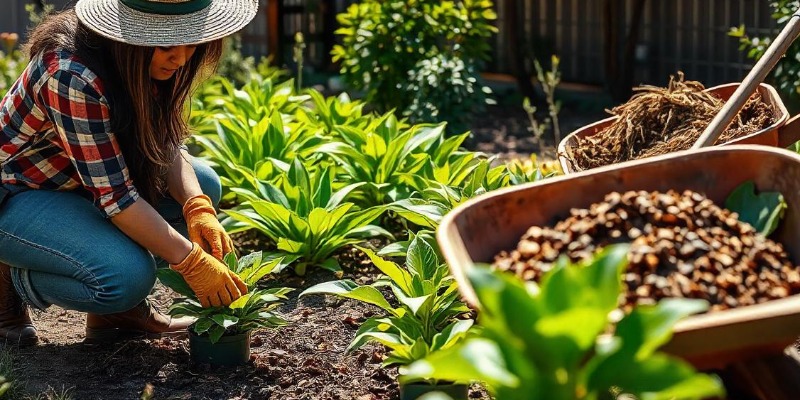
Select The Right Plants
Not all plants grow well in every garden.
You need to choose varieties that:
They are native to your region and need less water and care.
Resist pests naturally—some plants are less attractive to bugs.
Match your space—smaller plants for pots, larger ones for garden beds.
Here are some beginner-friendly organic crops:
Carrots— They are easy to grow. They do not need much space.
Tomatoes—You can give them sunlight and support.
Lettuce—These grow fast and keep producing.
Garlic— It repels pests and is nearly maintenance-free.
Feed Your Plants Naturally
You do not need synthetic fertilizers. Nature already provides everything your plants need.
Here is what you can use naturally to feed plants in your organic garden.
Compost—The best all-purpose organic fertilizer.
Worm castings— These boost plant growth and improve soil structure.
Banana peels & eggshells—They are excellent sources of potassium and calcium.
Liquid seaweed or fish emulsion— It provides essential nutrients quickly.
There is no need for chemicals when you have nature's fertilizers!
Control Pests Naturally
No toxic sprays are needed to kill the pests when you build an organic garden at home. Organic pest control is available. It works with nature, not against it.
Here are some ways to control pests in your organic garden.
Attract beneficial insects – Bugs like ladybugs eat aphids. The praying mantises keep caterpillars in check.
You can use companion planting. Plant marigolds deter nematodes. The basil repels mosquitoes.
Make DIY sprays: Mix water, garlic, and neem oil. This helps keep pests away.
Encourage birds & frogs – They are beneficial because they eat bugs that would otherwise damage your crops.
A healthy, balanced garden naturally fights off pests!
Water Wisely
Overwatering is one of the biggest mistakes beginner gardeners often make. So, you need to learn how to water smarter.
Here are some tips.
You should water in the morning or evening. This is important to prevent evaporation.
You can use drip irrigation or a soaker hose to target plant roots directly.
Try to collect rainwater. A simple rain barrel saves water and keeps plants happy.
You can check soil moisture first. If the top inch is dry, it’s time to water.
Mulching reduces watering needs by up to 50%
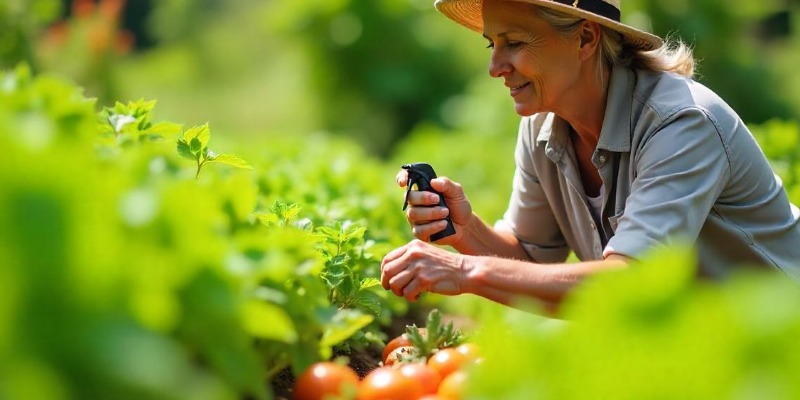
Keep Your Garden Flourishing
Once your organic garden is set up and started to grow, it needs regular maintenance.
You can keep it healthy with these simple habits.
You should rotate crops each season to prevent soil depletion and pest buildup.
Try to add flowers like lavender or sunflowers to attract pollinators.
You can leave space between plants for better airflow and fewer diseases.
Always keep adding compost throughout the season to replenish nutrients.
Grow Your Organic Garden
Starting an organic garden is not very complicated. You need healthy soil, smart plant choices, and natural pest control to build one at home.
Once you understand and master organic gardening basics, you can have a chemical-free garden anytime and anywhere.

